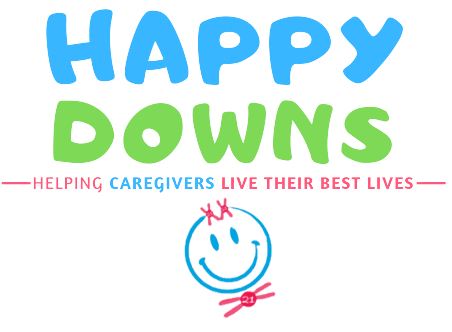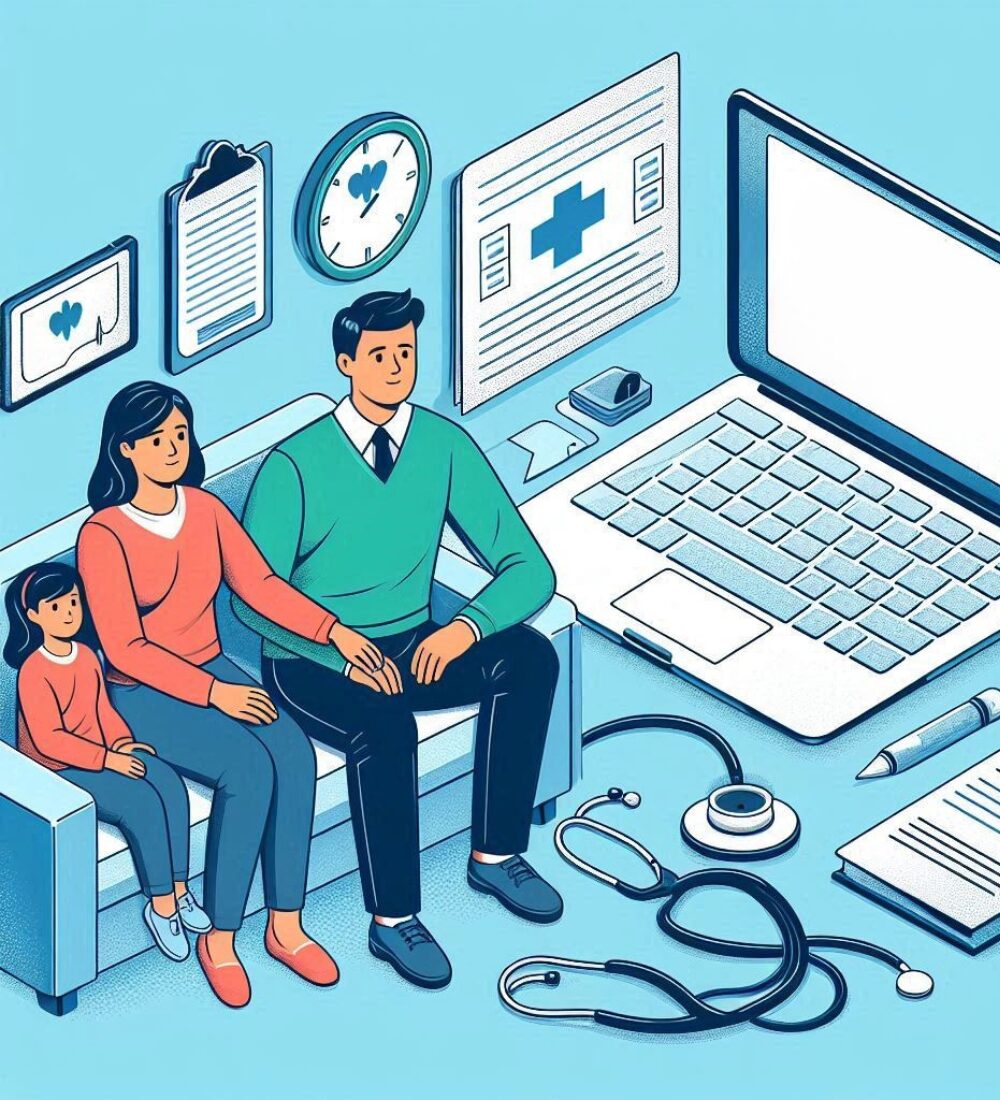
Dr. Greg Grillo
Dr. Greg Grillo brings over 17 years of experience to the Dentably team and is committed to educating and working with parents of children with autism, down syndrome and other special needs. After graduating from the University of Washington’s School of Dentistry, Dr. Grillo eventually joined his father’s practice and has remained at the practice ever since.
Patients with Down syndrome may have difficulties going to the dentist. It can be an overwhelming experience, causing them to become too anxious to receive the dental care that they need. In these cases, dental sedation may be beneficial.
As a dentist working with families for over 17 years, I’ve used sedation methods in my own practice. While dental sedation can be a safe way for your loved one to receive dental care, there are a few things to know before you decide on this option. I encourage you to have a conversation with your dentist on deciding if sedation is the safest method and to discuss alternatives as well.
1. Different Types of Sedation
There are three common types of sedation methods that your dentist may use and they will advise you on which method will work best based on the type of care that’s needed.
The methods include:
- Nitrous Oxide: This medicine is inhaled through a nose mask. It’s recommended that this method is used on patients who are older than five as they must keep breathing throughout the appointment. In some cases, a patient will not respond to nitrous oxide and another method may need to be used.
- Conscious Sedation: This method involves the use of sedatives to produce a calm, sleepy state without losing consciousness. The sedative is given as a pill or liquid one hour prior to the procedure.
- General Anesthesia: General Anesthesia involves the loss of consciousness and is usually a last resort for those who don’t respond to the first two options. It needs to be administered in a hospital or fully equipped healthcare center.
A patient with Down Syndrome may respond in a wide variety of ways to sedation and there can be serious side effects. One way to know if dental sedation will be the safest option for your child is to get a screening to rule out respiratory issues and any medical contradictions.
2. Conflicting Medical Conditions
If your child suffers from other medical conditions, you will have to take extra precautions to make sure that dental sedation is the safest option. Sometimes dental sedation can conflict with other medical conditions, and in these cases, it’s best to find another method for dental care. The last thing you want is to have your child experience a medical emergency because of a conflicting condition.
Talk to your dentist about any medical conditions that your loved one has to ensure that dental sedation will be the safest option. If sedation is not going to possible, be sure to discuss other methods of care with your dentist. Your dentist is committed to the safety of his/her patients and will be willing to work with you and your child.
3. Preparing for The Appointment
Once you and your dentist have chosen a sedation method, the next step is to prepare for the appointment. A few days or weeks before the appointment, start introducing your loved one to what the process is like. You can do this with visuals such as videos or storybooks. You can even explain any good experiences you’ve had at the dentist to help them feel more comfortable.
If your loved one is anxious on the day of their appointment, the best thing you can do is stay positive and encouraging. If your child takes regular medications, be sure to let your dentist know ahead of time to make sure these medications won’t interfere with the sedation medications.
Your Dentist is There to Help You & Your Loved One
Dental sedation can be a safe way for your loved one to receive the dental care that they need, especially if they get easily overwhelmed by the sensory elements at the dentist. However, for some patients, dental sedation may not be possible, and you will have to work with your dentist to find a way for your loved one to receive the care they need. Talk with your dental care provider about what’s the safest option, and always keep your child’s overall health in mind.






Hello,
Thank you Dr. Grillo for this much needed article on a very important topic. This is well needed as we do not hear much about dental care for adults with Down Syndrome. Based on what you said about respiratory problems and sedation, should someone who has asthma be sedated? Also, if sedation is not an option, what else can be done? What are the other options?
Our guide has a section on dental sedation alterantives – https://www.emergencydentistsusa.com/dentably/
I bring to my child with DS to the dentist twice per year. Will repeat use of sedation over the years have any negative effect on my child?
Hi – my team and I have actually written an entire guide on this subject and hopefully it will help answer some of your questions – https://www.emergencydentistsusa.com/down-syndrome-and-dental-care/
There is a section on Dental Sedation Alternative in it as well.
I was researching this topic for a friend of mine who’s son has Down’s, because they live in a rural area with limited internet connection. Their son is so sweet. It is nice to know that dentists are willing to work with patients who can sometimes become overwhelmed. I will share the possibilities with my friend and his wife.
Also, your suggestions made me think about my own issues – it takes a team of people to hold me down for something as simple as a flu shot, so I choose to skip medical appointments and dental procedures. Maybe I should consider doing the conscious sedation.
In relation to your second point about conflicting medical conditions, what are the top three medical conditions that persons with Down Syndrome tend to have that conflicts with dental sedation?
Also, if my child has to undergo dental sedation, does this mean that a visit to the dentist turns into a whole day event? How much time is required to recover after the dental sedation?
Some excellent advice and tips on dental sedation that all parents can use when scheduling dental services for their children who have Down’s Syndrome. There is no doubt that these will help the visits and treatments go much easier.
Lots of parents just do not understand the special requirements that may be necessary to make sure that the visits take place with as little trauma as possible. Actually some of the recommendations can apply to others that may suffer from anxiety, etc.
Is there any way to get the word out to the parents or guardians ahead of time, i.e. as the appointments are made, the records could be reviewed on the spot so appropriate guidance can be provided? That would be best I think. Useful post, I have forwarded to my cousin, who has a son that has Down’s Syndrome. Thanks!
Thanks for brining up this important topic. Have you come across children with Downs Syndrome who are quite comfortable with local anesthetic given by injection? If so, what was different about these kids to others with Downs Syndrome?
What methods can be used to relax the child in the waiting room? When I go to the dentist I hate seeing what is being done to me. If there was an option to wear a blindfold I would take it. Do you think kids with Down Syndrome would be amenable not to a blindfold but to a wearing a virtual reality headset to take their mind away from the dental activity? Have you ever considered that? And if you do not think this is a good idea, why not?
Cheers.
Edwin